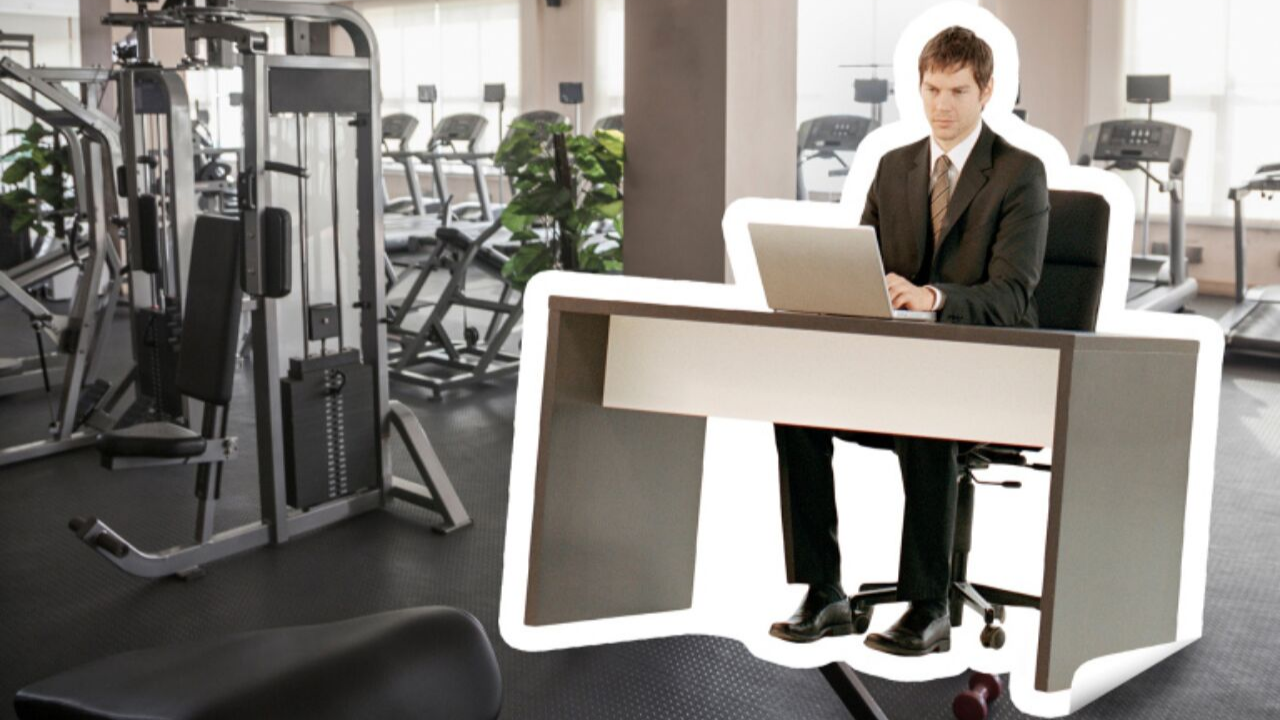More and more jobs today can be done with simply a laptop and reliable Wi-Fi, which is likely why coworking spaces are having a moment.
Now, coworking spaces are entering various forms of real estate, such as hotels, malls, schools and more, to appeal to a wider crowd.
Retail in particular has taken advantage of this blooming trend. A 2018 JLL report predicts that flexible offices in retail will grow by 25% per year, reaching 3.4 million square feet by 2023.
Coworking firm Industrious has almost perfected this sort of presence as it has been implementing a new strategy to enter into shopping centers, with locations already in Arizona and California.
Hospitality companies have long doubled as workspaces for many professionals on the go. Workers have used lobbies as offices for several years, which has led hotels to include food and work options in communal areas.
“There’s almost a race right now among the large hotel brands to create a new fused hotel-plus-workplace product,” said James Hodari, CEO of Industrious.
Expanded lobbies are just the beginning. Hodari said that moving forward, more hotels will provide a true workspace for travelers featuring private offices and meeting spaces.
As companies across the spectrum continue to find new ways to attract and retain customers, one thing is clear — the rise of remote and freelance workers will continue to fuel flexible workspaces everywhere.
















